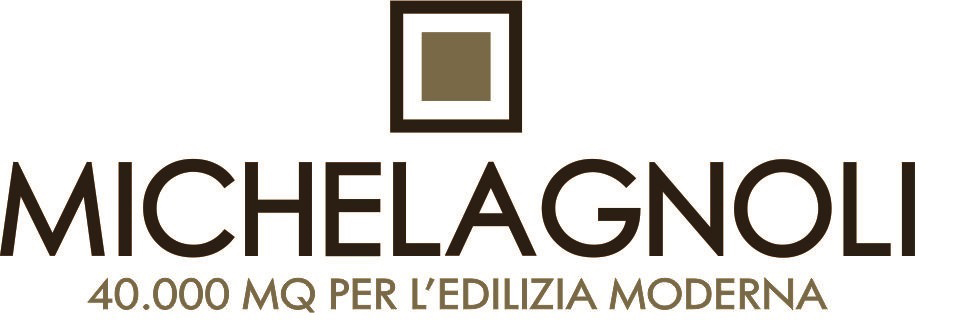Art Therapy for Drug & Alcohol Addiction Recovery
By yanz@123457 In Sober Living On 5 Ottobre 2021

A trained therapist guides these sessions, which are adaptable settings like group counseling and medication-assisted treatment. It is important to note that you do not need to consider yourself an “artist” or have any artistic training to enjoy the benefits of art therapy. The goal is to enjoy the process and promote self-expression, not produce a certain product. In addiction treatment, research indicates that art therapy is particularly useful for engaging teenagers in treatment and helping women with addiction who have also experienced sexual assault. This is key, because language often fails to fully communicate the intense emotions involved in the recovery process.
The Role of Abstract Art in Addiction Recovery

Art therapy occurs in a wide range of settings and individual art therapists may alter how they practice to suit the needs of their clients or the institutions where they are practicing. Art therapy fulfills a vital role in rehabilitation programs by offering innovative avenues for self-expression and deeper emotional communication. It is one of the pillars of the creative arts therapies, alongside dance, drama, and music therapy. This multidisciplinary approach is particularly beneficial in addressing the complex emotional and psychological needs of individuals recovering from addiction.
Sobriety Shaking: Addiction Medicine’s Approach to Managing Withdrawal Tremors
- For example, activities like self-portraits and collages provide tangible avenues for participants to reflect on their journeys and envision their futures.
- It should not be used to replace the suggestions of your personal physician or other health care professionals.
- Individuals battling substance use disorders have the luxury of finding inpatient treatment centers that offer innovative practices.
A skilled art therapist will work with each person to find the most effective and engaging approaches. These might involve larger-scale works that evolve over time, reflecting the ongoing journey of recovery. For example, a series of self-portraits created at regular intervals can provide a powerful visual representation of personal growth and transformation. Art therapy is https://ecosoberhouse.com/ a valuable and effective form of treatment for addiction, as it allows you to express your emotions healthily and creatively. It has many benefits, including providing an outlet for self-expression and helping with personal discovery. Mental illness and emotional traumas are often the culprits behind substance abuse disorders, and art therapy can be invaluable in managing those exact issues.
Research support for art therapy

Containment occurs in a specific branch of art therapy called mandala art therapy, which encourages a client to confine their drawings to a circle. As Flora explains to her group, “our goal is not to make something beautiful but to connect with ourselves.” Flora begins her group with a mindfulness exercise to get participants into the right mood. Whatever technique you use, each offers similar benefits to help you express your emotions in a positive and healthy manner. Join 40,000+ People Who Receive Our Newsletter Get valuable resources on addiction, recovery, wellness, and our treatments delivered directly to your inbox. Seeking treatment from experienced rehab and recovery professionals can increase your odds of kicking your old habits and preventing relapse in the future. Substance abuse disorders can be very difficult to struggle with, but there are ways you can achieve sobriety today and for the long run.


Collaborative mural painting art therapy for addiction is a powerful art therapy exercise that fosters a sense of community and support among individuals in addiction recovery. By working together to create a large-scale artwork, participants can develop social skills, build trust, and feel a sense of belonging within their recovery community. Healing through art therapy offers a unique pathway for individuals grappling with addiction, nurturing self-expression and personal insight.

With the guidance of trained art therapy practitioners, these exercises can be a valuable tool in supporting long-term recovery and personal growth. Frequently, case studies in art therapy reveal the transformative impact of creative expression on individuals struggling with addiction. One case involved a group using painting and sculpture to explore emotions related to addiction, reporting improved self-esteem and understanding. Another used visual storytelling for feelings articulation, leading to increased self-awareness. Group dynamics played a vital role, as shared experiences cultivated connections among participants, promoting community and support.
1 Trained art therapists hold a specialized degree in mental health treatment, and have completed additional certifications in art therapy to help use art as a medium for healing. The practice provides a creative outlet for people to express their thoughts, feelings, and experiences through various art forms. At Lifescape Recovery, art therapy is offered as part of a holistic approach to healing, helping individuals on their path to sobriety. Engaging in art helps individuals process complex emotions related to addiction, like fear and trauma. Creating tangible representations of feelings can lead to breakthroughs, drug addiction allowing deeper discussions with therapists.
Collaborative Mural Painting for Community Building
This approach cultivates artistic mindfulness, encouraging clients to engage deeply with thoughts and feelings. Art therapy provides a platform for personal expression, enabling clients to articulate emotions that may be difficult to convey verbally. This non-verbal communication serves as a tool for cathartic release, reducing turmoil and promoting emotional resilience. In addition, the therapeutic alliance established with therapists cultivates a safe environment for exploration and self-expression.

